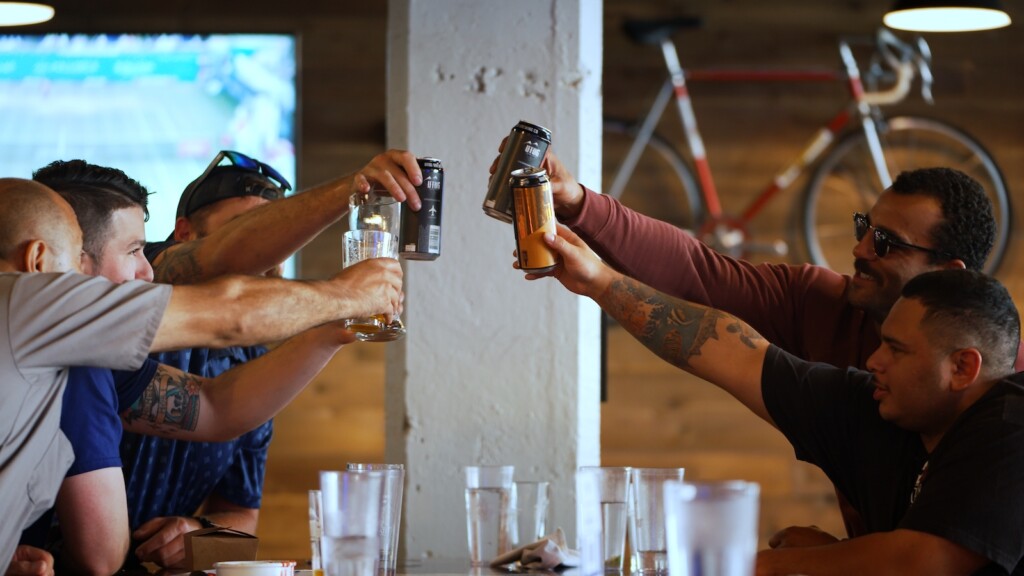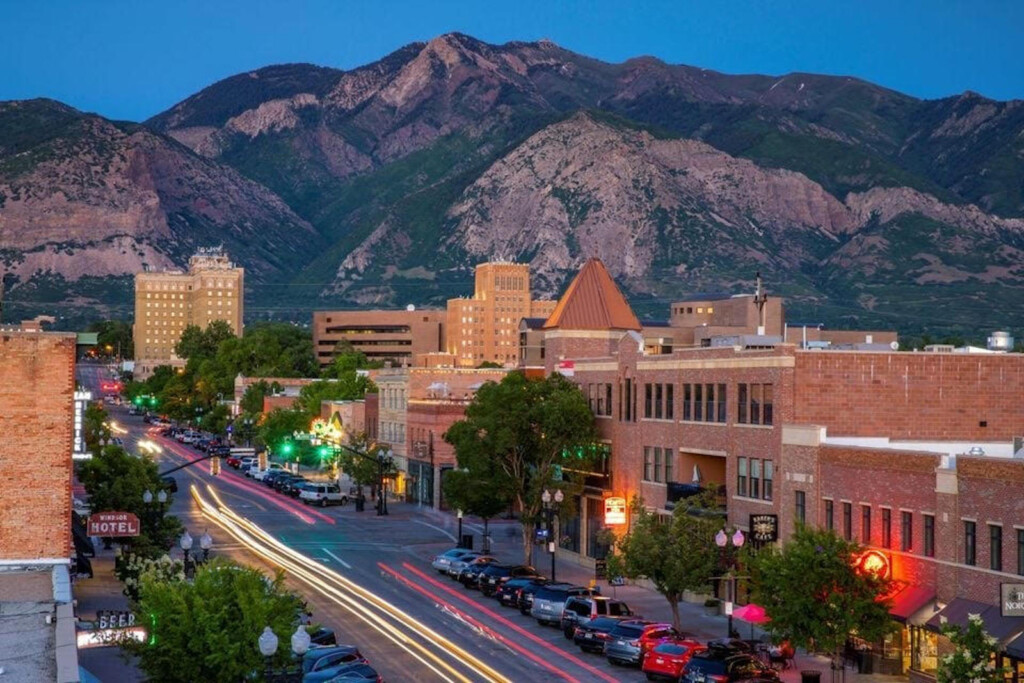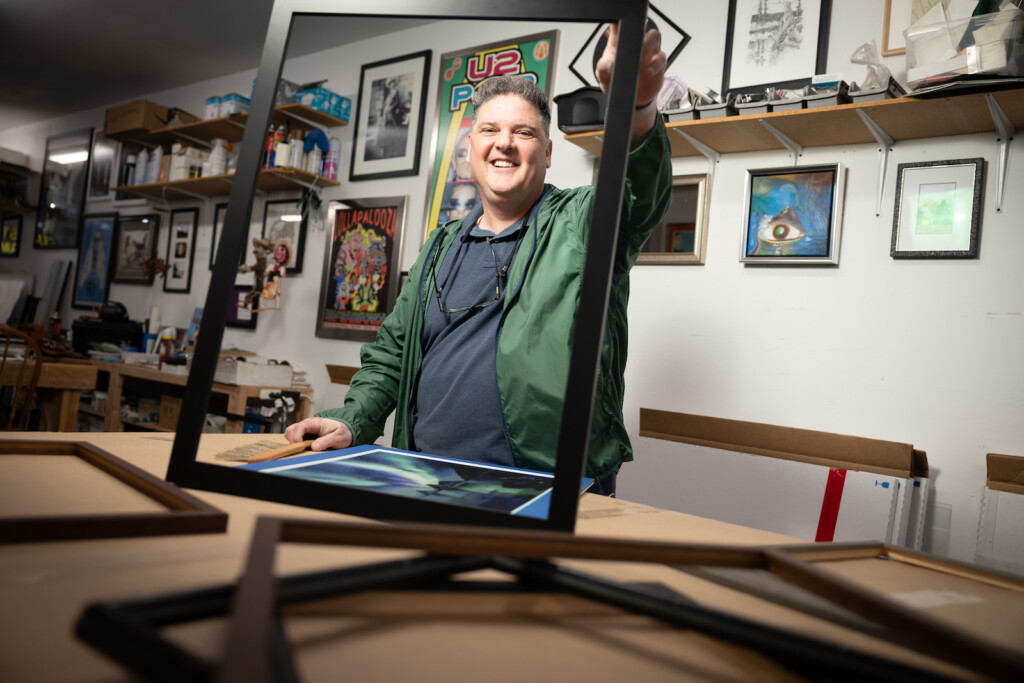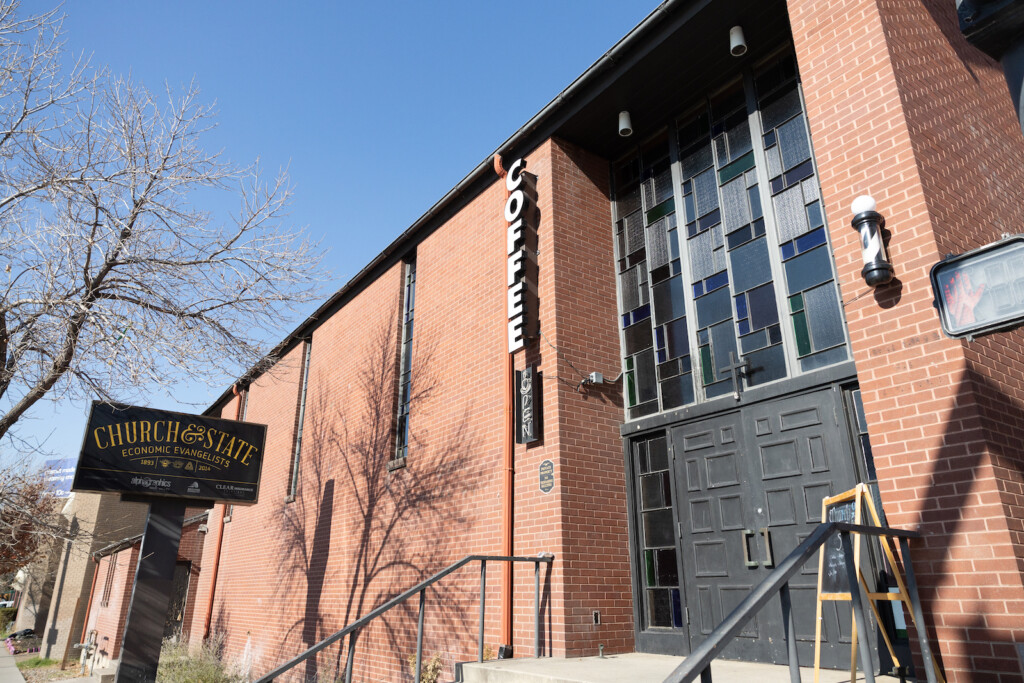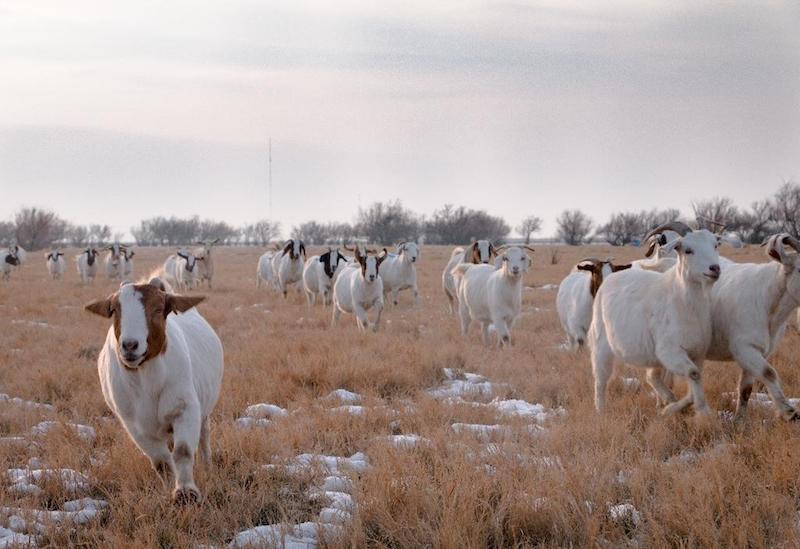
“It was really difficult to teach the kids how to handle a goat over Zoom,” says Katherine Wright, Goat Project Coordinator for the East African Goat Project of Utah. Like many youth activities in 2020, the Goat Project had to go remote and Wright can’t wait to get back in person with the refugee youth this spring.
Teaching kids the basics of goat husbandry using dogs over a computer screen is nowhere near as fun and informative as working with real goats at their ranch just 15 minutes from downtown Salt Lake City. Nearly a decade ago, leaders from three East African refugee communities, the Somali Bajuni, the Somali Bantu, and the Burundi communities of Salt Lake City recognized a need for culturally appropriate halal goat meat and partnered with the International Rescue Committee, a nonprofit that provides assistance to refugees, to start their own ranch.
The Goat Project not only provides a sustainable local source of food for the families in their community, but brings a part of their heritage to Salt Lake City. It provides an opportunity for youth to learn about cultural practices related to goat husbandry. Once the project’s original herd grew large enough to sustain food needs, they were able to start doing more fun things with the goats, including starting a 4-H program for refugee youth.
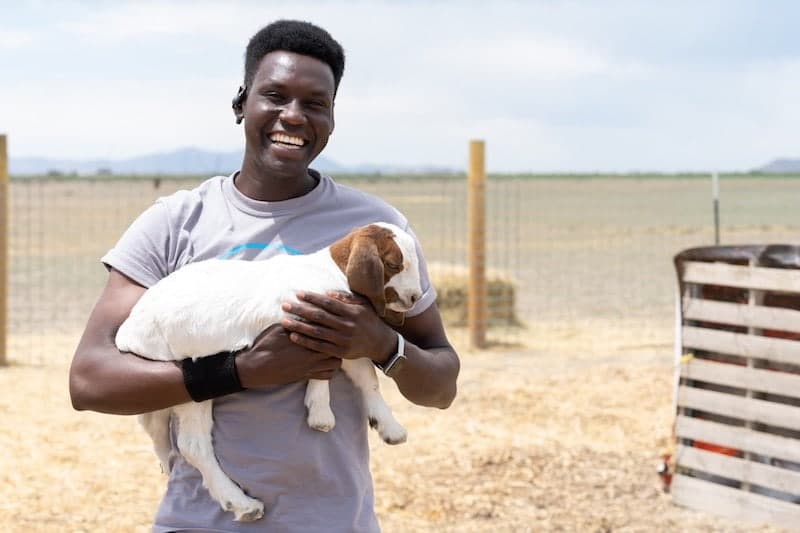
Each spring, middle-school and high-school-aged youth in the Goat Club pick out a baby goat and raise the animal throughout the summer. They learn how to halter-break a goat, how to walk their goat on lead, and how to properly show their goat at livestock events. In the fall, the youth show their goats at the Salt Lake County Fair and then auction off their goat at the fair.
In addition to learning the basics of caring for goats, the program, which is hosted through the Utah State University extension office’s 4-H New American Program, also offers a financial literacy component. The program teaches money management skills such as how to make a budget and how to open a checking account. “We hope that once they get the check for the goat,they’ll use the money wisely or at least have some concept of what that money means and what they can do with it,” Wright says
Many of the youth in the program were born in the United States or came to this country when they were very young. Oftentimes their parents, grandparents or other family members have a long history of raising goats and this allows them to connect with a part of their family’s shared heritage. Wright says it’s wonderful to see relatives of the Goat Project participants coming to the ranch to compare notes on different approaches for raising goats. “It allows for a really interesting intergenerational conversation and transfer of knowledge around a very specific topic,” says Wright.
Wright says one of the best ways to support the program is to connect with them on social media and share the project’s story with others. For those wanting to further support the Goat Project, you can view the goat’s current needs at the project’s Amazon Wish List, support the project directly, and even volunteer at the farm.
Subscribe to Utah Stories weekly newsletter and get our stories directly to your inbox


